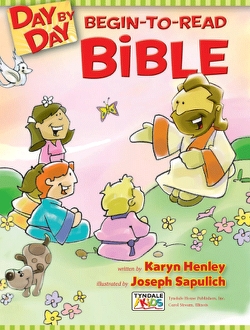Chapter 2: Of God, and of the Holy Trinity
1: There is but one only,[25] living, and true God,[26] who is infinite in being and perfection,[27] a most pure spirit,[28] invisible,[29] without body, parts,[30] or passions;[31] immutable,[32] immense,[33] eternal,[34] incomprehensible,[35] almighty,[36] most wise,[37] most holy,[38] most free,[39] most absolute;[40] working all things according to the counsel of His own immutable and most righteous will,[41] for His own glory;[42] most loving,[43] gracious, merciful, long-suffering, abundant in goodness and truth, forgiving iniquity, transgression, and sin;[44] the rewarder of them that diligently seek Him;[45] and withal, most just, and terrible in His judgments,[46] hating all sin,[47] and who will by no means clear the guilty.[48]
2: God has all life,[49] glory,[50] goodness,[51] blessedness,[52] in and of Himself; and is alone in and unto Himself all-sufficient, not standing in need of any creatures which He has made,[53] nor deriving any glory from them,[54] but only manifesting His own glory in, by, unto, and upon them. He is the alone fountain of all being, of whom, through whom, and to whom are all things;[55] and has most sovereign dominion over them, to do by them, for them, or upon them whatsoever Himself pleases.[56] In His sight all things are open and manifest,[57] His knowledge is infinite, infallible, and independent upon the creature,[58] so as nothing is to Him contingent, or uncertain.[59] He is most holy in all His counsels, in all His works, and in all His commands.[60] To Him is due from angels and men, and every other creature, whatsoever worship, service, or obedience He is pleased to require of them.[61]
3: In the unity of the Godhead there be three persons, of one substance, power, and eternity: God the Father, God the Son, and God the Holy Ghost:[62] the Father is of none, neither begotten, nor proceeding; the Son is eternally begotten of the Father;[63] the Holy Ghost eternally proceeding from the Father and the Son.[64]
Read Full Post »
